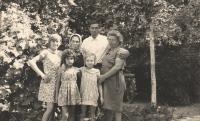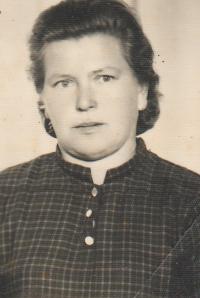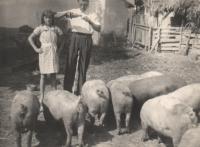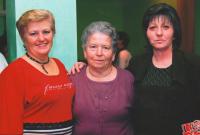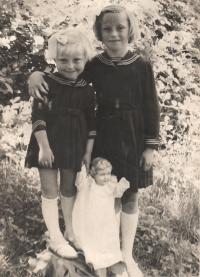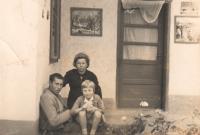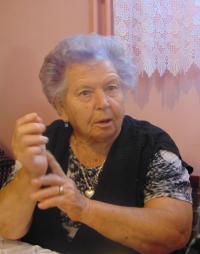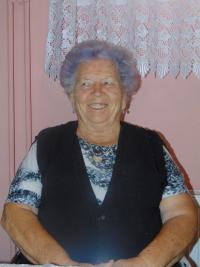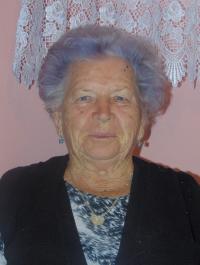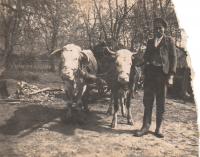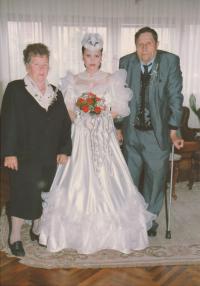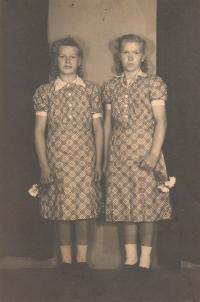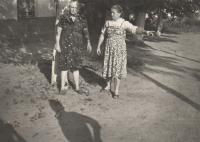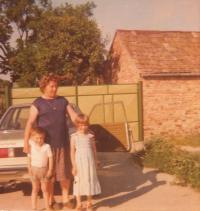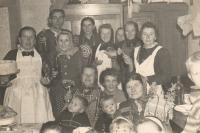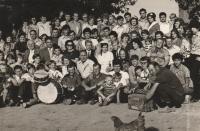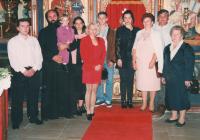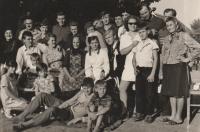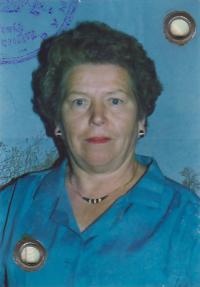The life passed by like a day
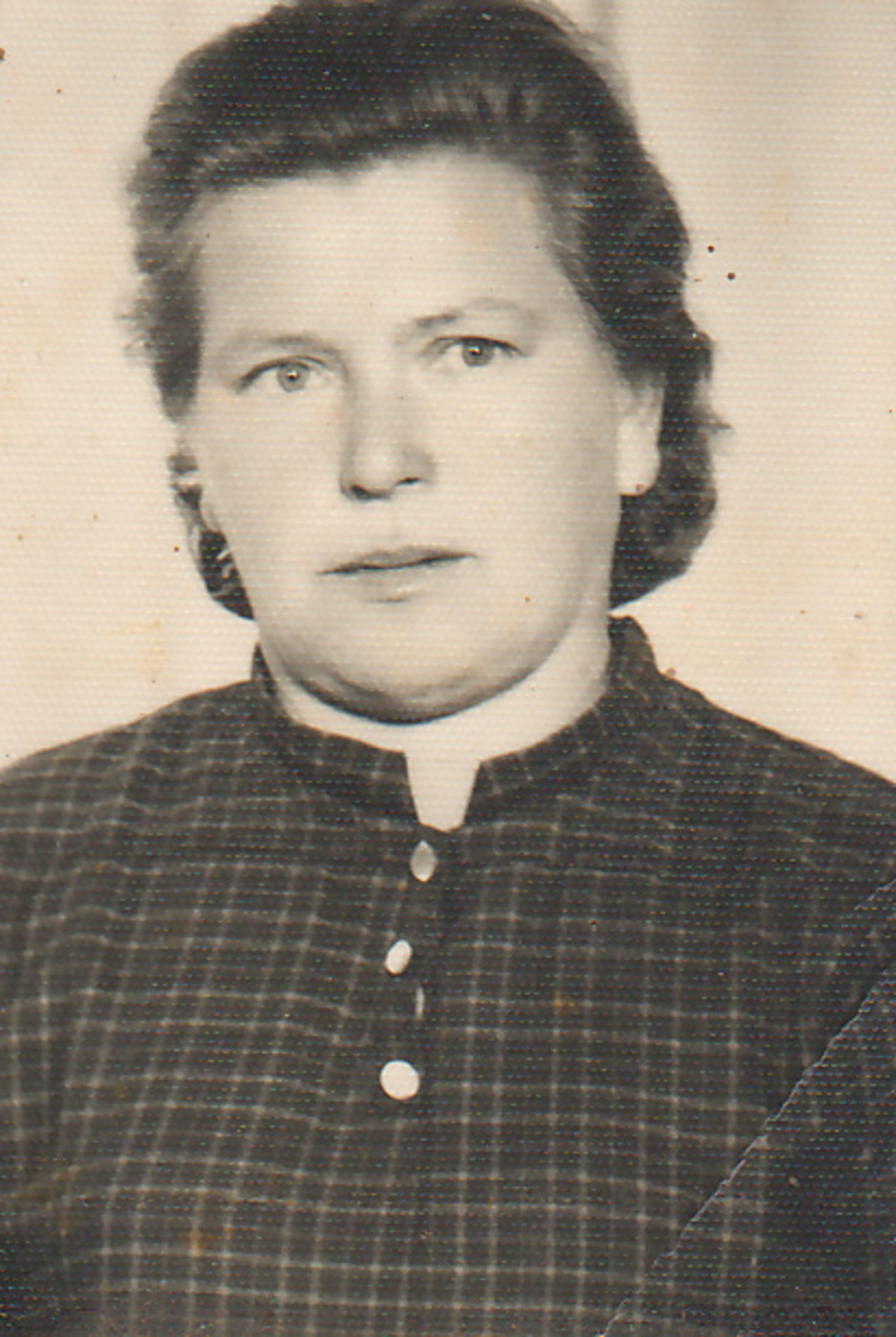
Download image
Franjica Poznik was born on 9 February 1930 in Střežany (Sređani in Croatian) on the territory of today’s Croatia. At the time, the village was part of the Badlavina District in the then Kingdom of the Serbs, Croats and Slovenes - a state also known as Yugoslavia. The witness comes from a poor farming family in the Czech immigrant community in the west of Slavonia. Her parents had five children. She lived in her home region during World War II. She experienced guerrillas as well as the Ustasha militia and the Black Legion. In 1954 she and her sister and other Czech families moved to Beška, a village in the Srem area of Vojvodina in the territory of today’s Serbia, although it was still within one state at the time. Shortly after moving, Franjica married Czech Franja Poznik, a former member of the Jan Žižka guerrilla brigade. They brought up two daughters together - the first one was born in 1955 and the other in 1959. The family farmed. After the death of her husband, the witness travelled a lot, visiting her relatives in the Czech Republic. Franjica Poznik has retained her knowledge of Czech and a relation to Czech culture.
